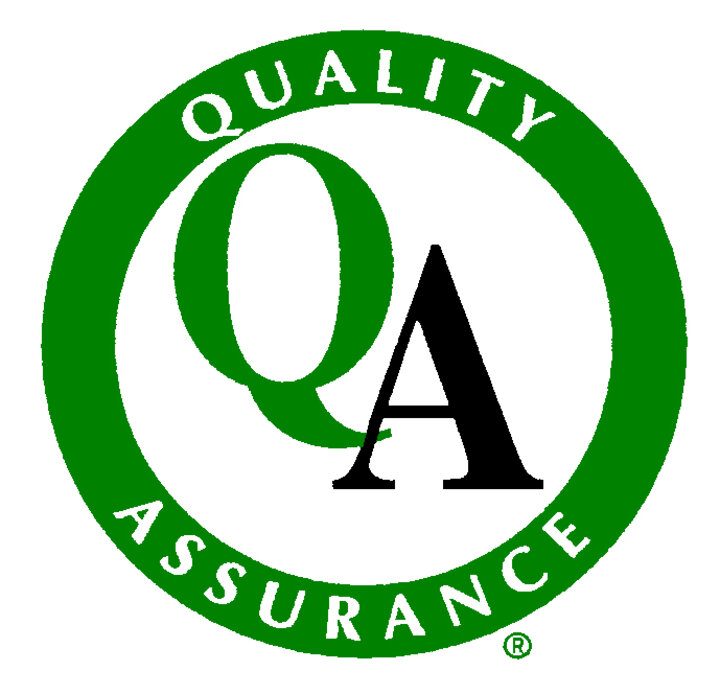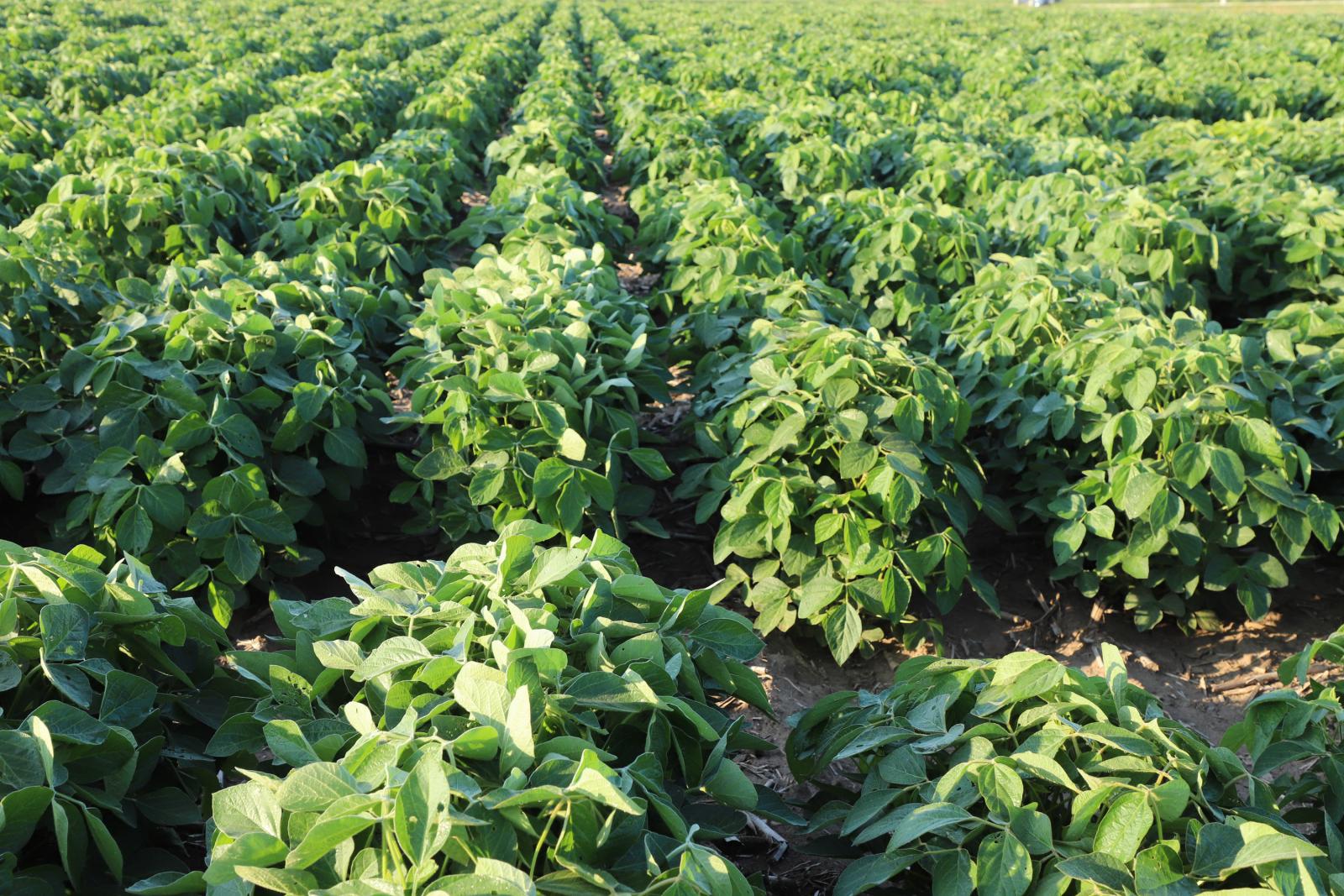SEED CERTIFICATION
The Nebraska Crop Improvement Association (NCIA) serves as the designated authority for Seed Certification in the State of Nebraska. Alongside associates in other states and countries, NCIA forms a network of agencies collectively known as the Association of Official Seed Certification Agencies (AOSCA).
Seed Certification entails a program of planned production, meticulous record-keeping, impartial inspections, and stringent standards to ensure the production of high-quality seed that remains true to the variety. Plant-breeders oversee the production of genetically pure seed stocks, with NCIA playing a crucial role in bridging the gap between plant-breeders and farmers who benefit from these advancements. Certified seed is distinguished by a blue Certified tag and is marketed by variety name, symbolizing the high-quality standards of certification, resulting in reliable performance.
Certification operates on a limited generation concept, maintaining genetic purity. New varieties developed by plant-breeders are increased to provide farmers with high-quality seed that demonstrates superior performance. Breeder Seed, developed and maintained by plant-breeders of public research institutions and private companies, serves as the foundation. Foundation Seed, the first generation from Breeder Seed, is rigorously screened for off-types to adhere to variety descriptions and strict Foundation purity standards. Certified Seed, the first generation from Foundation Seed, is produced by seed producers for sale to farmers, intended for planting on their commercial grain acreage.

QUALITY ASSURANCE
The purpose of the NCIA's seed Quality Assurance (QA) program is to provide an unbiased and uniform quality control process and marketing tool for crop seed grown in Nebraska and marketed as branded products in accordance with applicable seed laws. Seed enterprises voluntarily participate and customize the process to meet their individual needs, utilizing services such as field inspection, seed analysis, record-keeping, and labeling. To label seed with the QA logo, producers must satisfactorily complete all program steps, meeting the same goals and standards as Certified seed.

IDENTITY PRESERVED
AOSCA's general IP standards serve as a minimal framework, allowing for the development of more specific programs under AOSCA's guidance. The goal is to establish minimum benchmark levels for IP grain production, with the expectation that many U.S. companies will surpass these benchmarks and seek NCIA's assistance in program design and implementation.
In June 1999, AOSCA adopted specific requirements for non-GMO corn and soybeans, primarily applicable at the field edge. The upper suggested purity levels for corn and soybean grain programs are 99% and 99.5%, reflecting AOSCA's recognition that achieving 100% non-GMO status may be impractical. Companies have the flexibility to set lower purity goals for their programs.
NCIA provides programs on a "best effort" basis, with no liability regarding actual purity levels. Customers are responsible for determining program protocols and establishing ultimate purity levels for inclusion in AOSCA's third-party Identity Preserved program.
NCIA specializes in third-party services, including record-keeping, field inspection, herbicide tolerance detection, laboratory testing, and official labeling for both domestic and international OECD Seed Schemes.
